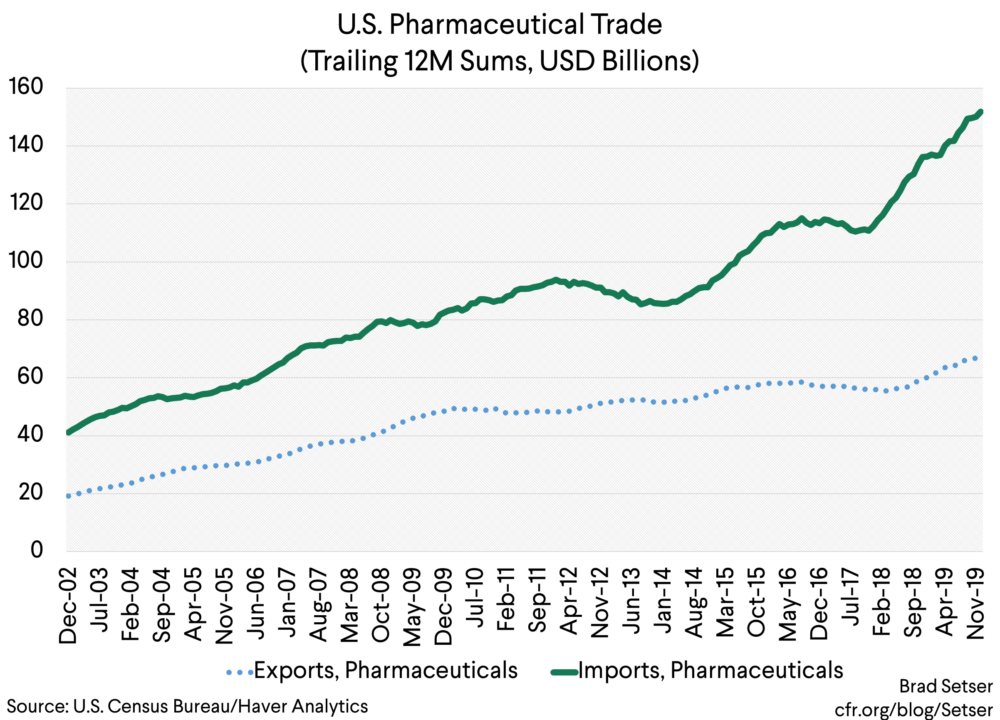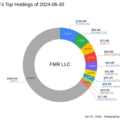U.S. pharmaceutical companies are under scrutiny for not paying any U.S. income tax. Recent findings show that a significant number of major drug manufacturers have managed to leverage various tax strategies to minimize their tax liabilities, resulting in little to no payment to the federal government.
Here are some key points to consider about this topic:
As the debate continues, it raises important questions about corporate responsibility and the implications for healthcare funding. While some argue that these strategies allow companies to invest more in life-saving drugs and innovations, the lack of tax contribution can strain public resources. Ultimately, understanding the intersection of pharmaceutical profits and tax policies is crucial for informed discussions on healthcare financing. As the landscape evolves, maintaining transparency and accountability in corporate tax contributions will be vital.











Leave a Reply